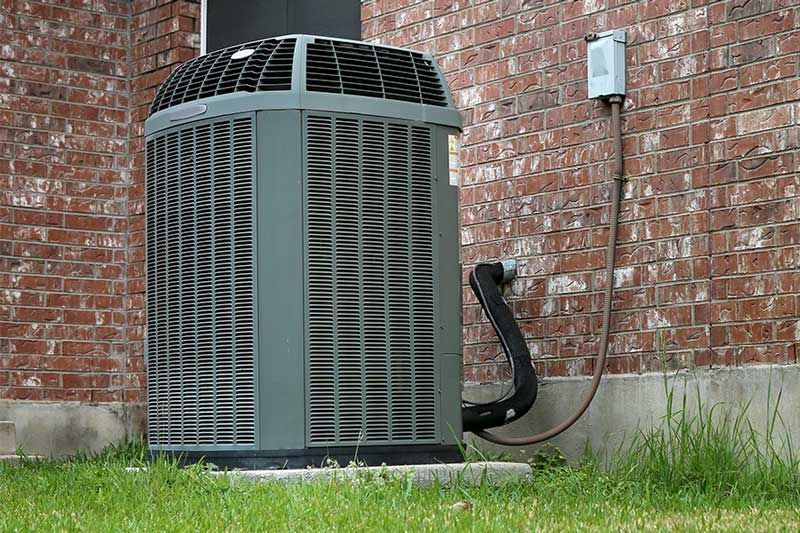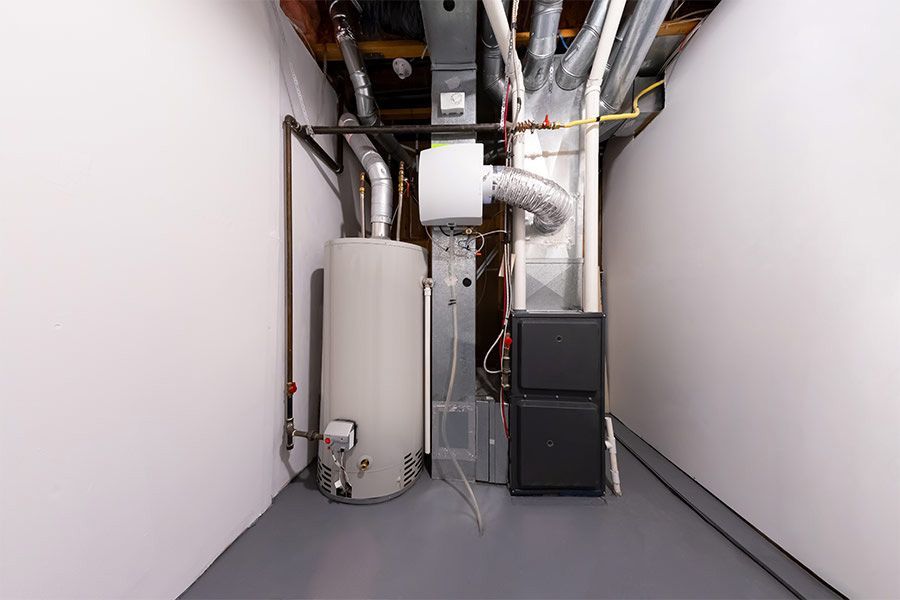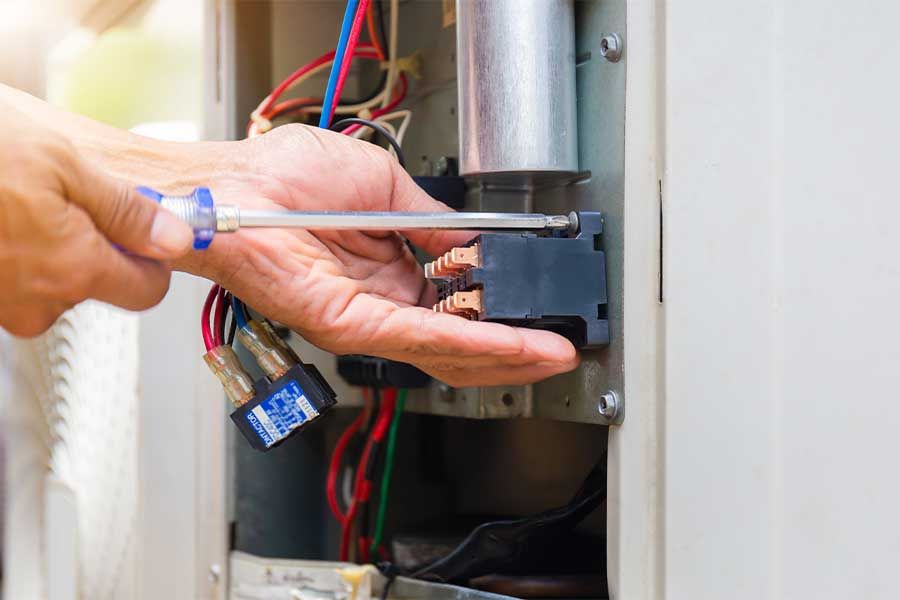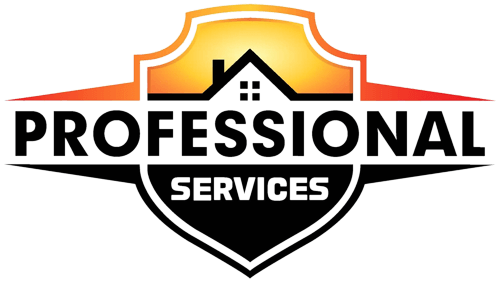At What Temperature Do Heat Pumps Stop Working?
Heat pumps serve a dual purpose of heating and cooling your home. During warm weather, they remove warm air from inside of your house and deposit it outdoors. When cold weather arrives, they pull warm air from outdoors before transferring it inside.
Despite modern heat pumps having numerous upgrades that improve overall performance, they still get a bad reputation for not functioning efficiently during cold temperature snaps. So, at what temperature do heat pumps stop working? Professional Services, a leading provider of heating services in Port Washington, WI, offers answers below.
How Heat Pumps Work
When your air source heat pump draws air from outside, it transfers that warmth into a fluid mixture that circulates within the system. This liquid moves through a heat exchanger before traveling into the pump. The pump then increases the temperature and disperses the heat throughout your home.
Heat pumps with indoor units, also known as water source heat pumps, draw warmth from underground or water sources. These units use a combination of water and antifreeze within their ground loop to extract warmth from the ground. The liquid then passes through the heat exchanger before transferring into the heat pump.
Some systems heat both the rooms and water within a building. Because they use renewable environmental resources to generate heat in your home, they offer a more efficient option for heating and cooling your home. However, many homeowners have concerns about whether a heat pump can sufficiently keep their homes comfortable during frigid temperatures. Understanding these heat pump benefits can alleviate such concerns.
Heat Pump Reputation
The first heat pump models earned a negative reputation among homeowners living in regions with cold temperatures and harsh winters. During the 1980s, heat pump efficiency depended on mild winter temperatures. The systems tended to freeze up when exposed to extremely cold outdoor temperatures.
This rough start would affect homeowners’ decisions for decades. Even in modern times, internet users often pass around outdated information as applicable to modern heat pump designs. However, a modern heat pump handles cold temperatures much better than its more primitive predecessors.
Some improvements to heat pump design and function include:
- Advanced motors. Over a decade ago, a heat pump’s motor couldn’t compare to other heating system motors. Now, it works more efficiently than most other systems while providing a similar level of quality heating.
- Upgraded compressor. Modern compressors can automatically modify their speed according to the system’s needs. It speeds up during colder temperatures and slows down for warmer temperatures. Previous models didn’t include this technology.
- Enhanced coil design. Today’s heat pump coils are made of grooved copper, which provides more surface area for temperature exchanges. Therefore, your pump will bring more heat indoors at a quicker rate.
- Effective fans. Old heat pump models used more fragile fans that couldn’t handle sharp temperature decreases or harder cycles. The fans on modern models are more hardwearing and perform more efficiently.
People from the Southern states to Alaska use heat pumps as their preferred heating methods with few issues. But the myriad improvements don’t negate the fact that some pumps might not perform as well in icy weather. So, at what temperature do heat pumps stop working?
At What Temperature Do Heat Pumps Stop Working?
Your heat pump’s effectiveness greatly depends on the type of heat pump installed in your home. Some heat pumps lose efficiency when outdoor temperatures dip below 32°F, but they won’t completely stop working.
Like other heating systems, a heat pump’s efficiency depends on your thermostat settings. If you want to keep your home toasty during sub-zero temperatures, you’ll lose performance capabilities. By keeping your indoor temperature close to outdoor temperatures, you increase efficiency.
However, your heat pump should continue working at -10°F and below with few issues besides decreased efficiency. Unfortunately, this decreased efficiency can cost homeowners during the coldest months of the year. So how can you improve your heat pump’s efficiency despite harsh Wisconsin temperatures?
Common Heat Pump Problems
Despite all the design improvements, heat pumps can still present unique challenges during frigid winters. For example, you’ll notice your electricity bill increases as your system works harder to maintain your desired temperature. Certain components may also wear out more quickly.
Naturally, you want to curb such costly repairs and expensive bills. Even though a heat pump will reliably warm up your home, such expenses add up over time. What can you do to improve your heat pump’s efficiency? Understanding the reasons why a heat pump is not heating enough can help you address these challenges effectively.
Solutions to Improve Heat Pump Efficiency
You can improve your heat pump’s efficiency by installing a backup heating system. Once you notice your heat pump overworking, you can switch to a backup system until the temperatures can facilitate optimal pump function again. A couple of backups include installing an electric heat strip or a gas furnace.
Electric heat strips automatically start heating up your home once your pump loses its efficiency. Since strips aren’t as efficient as other options, some homeowners avoid this solution. However, heat strips work more effectively than a heat pump during extremely cold temperatures.
Gas furnaces offer a more cost-effective option for buildings with pre-existing gas connections. Furnace purchase and installation often costs more than electric heat strips. But they heat more effectively, reducing your subsequent heating bills.
You should also insulate your home properly to keep the heat indoors. Make sure all doors and windows remain sealed to prevent cold drafts from seeping inside. Install excellent insulation throughout your house for efficient temperature maintenance.
Finally, schedule our maintenance services each year to ensure your pump works well. We’ll troubleshoot, calibrate, and clean key components. Our services prevent your pump from overworking due to damaged or dirty components or connection issues. This proactive approach helps avoid costly heat pump repairs and keeps your home comfortably heated throughout the winter.
Choose Our Comprehensive HVAC Solutions to Increase Your Comfort
At what temperature do heat pumps stop working? Your heat pump should work regardless of outdoor temperatures. However, colder temperatures can leave a chill in your home in Port Washington, WI.
At Professional Services, we can help you find a solution to improve your system’s overall efficiency. To schedule a visit that addresses
why your heat pump is not heating enough, contact us at
262-218-2636 today.
You might also like
